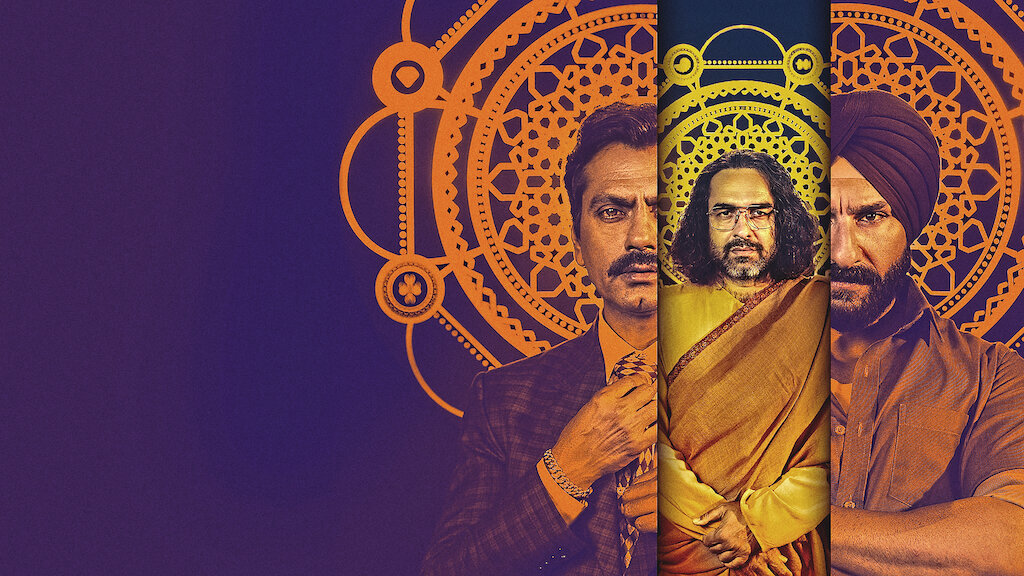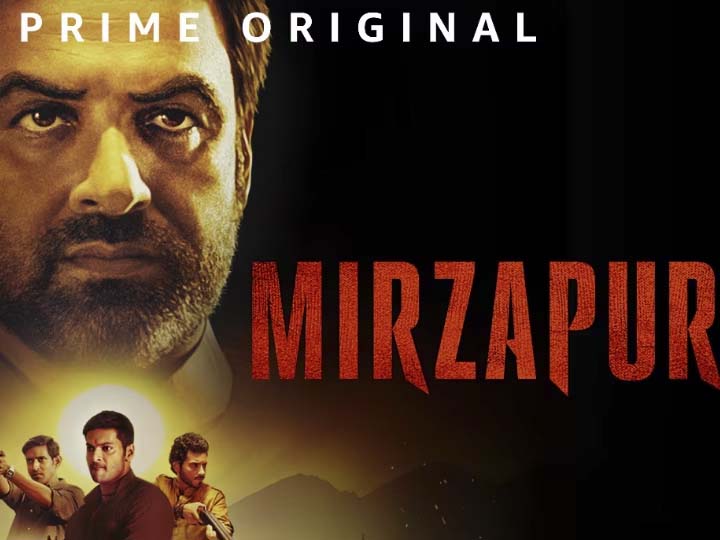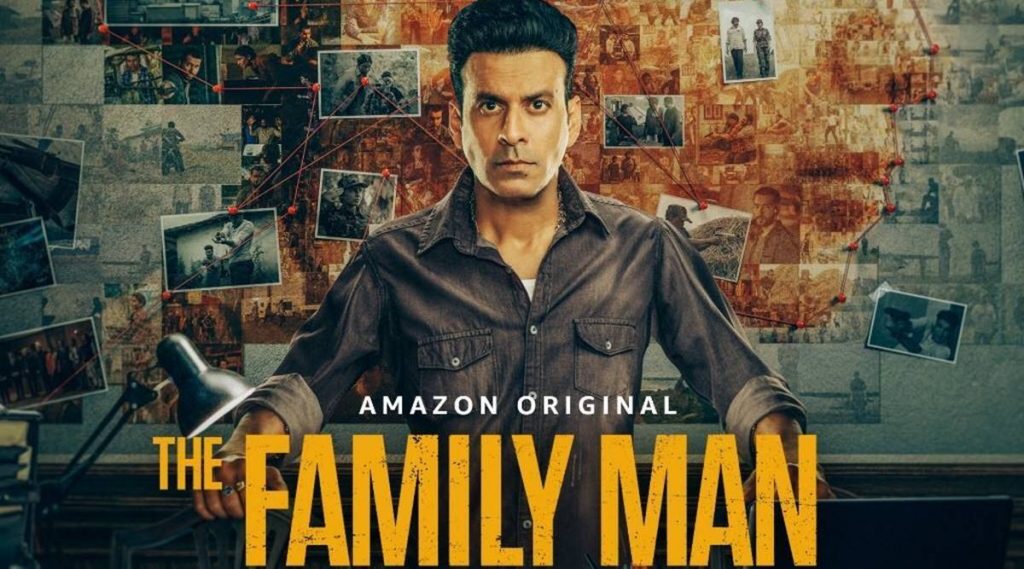Indian television series, commonly referred to as “Indian soaps” or “serials,” have become a cultural phenomenon that captivates audiences across the globe. Known for their dramatic narratives, intricate storylines, and larger-than-life characters, these serials have not only gained immense popularity in India but have also made a significant impact on the international television landscape. Let’s explore this vibrant world of Indian TV series and delve into three currently famous examples.
- “Sacred Games”: “Sacred Games” is a critically acclaimed Indian crime thriller series based on the novel of the same name by Vikram Chandra. This Netflix original series, directed by Anurag Kashyap and Vikramaditya Motwane, follows the story of a troubled police officer played by Saif Ali Khan and a notorious gangster portrayed by Nawazuddin Siddiqui. With its gripping narrative, complex characters, and exploration of societal issues, “Sacred Games” has garnered international acclaim and introduced a new era of Indian web series to the global audience.
- “Mirzapur”: “Mirzapur” is a gritty Indian crime thriller web series set in the lawless city of Mirzapur in Uttar Pradesh. Directed by Karan Anshuman and Gurmmeet Singh, the series revolves around the power struggles and crime syndicates operating in the region. Starring Pankaj Tripathi, Ali Fazal, and Divyendu Sharma, “Mirzapur” has gained a massive fan following for its intense storytelling, realistic performances, and raw depiction of the criminal underworld. The series has received widespread acclaim both in India and internationally, solidifying its place as one of the most popular Indian TV series of recent times.
- “The Family Man”: “The Family Man” is an Indian action-drama web series created by Raj Nidimoru and Krishna D.K. It follows the life of a middle-class man, played by Manoj Bajpayee, who works as an intelligence officer for the National Investigation Agency (NIA) while balancing his responsibilities as a husband and father. The series seamlessly blends elements of espionage, family drama, and social commentary, making it a compelling watch. With its well-crafted storyline, strong performances, and deft handling of complex themes, “The Family Man” has garnered critical acclaim and garnered a dedicated fan base in India and beyond.

Source: www.netfix.com

Source: www.news.abplive.com/

Source: www.indianexpress.com
These three examples represent the diversity and quality of Indian TV series. They showcase the industry’s ability to produce compelling narratives that combine engaging storytelling, remarkable performances, and relevant social commentary. With the rise of streaming platforms like Netflix, Amazon Prime Video, and others, Indian TV series are reaching a global audience and breaking cultural barriers.
Indian TV series continue to evolve, exploring a wide range of genres, including crime thrillers, political dramas, historical sagas, and family-oriented narratives. Their popularity is a testament to the creative talent, storytelling prowess, and the deep connection that Indian audiences have with these shows. As the Indian entertainment industry continues to expand its global reach, it is clear that Indian TV series are here to stay, leaving a lasting impact on the global television landscape.

